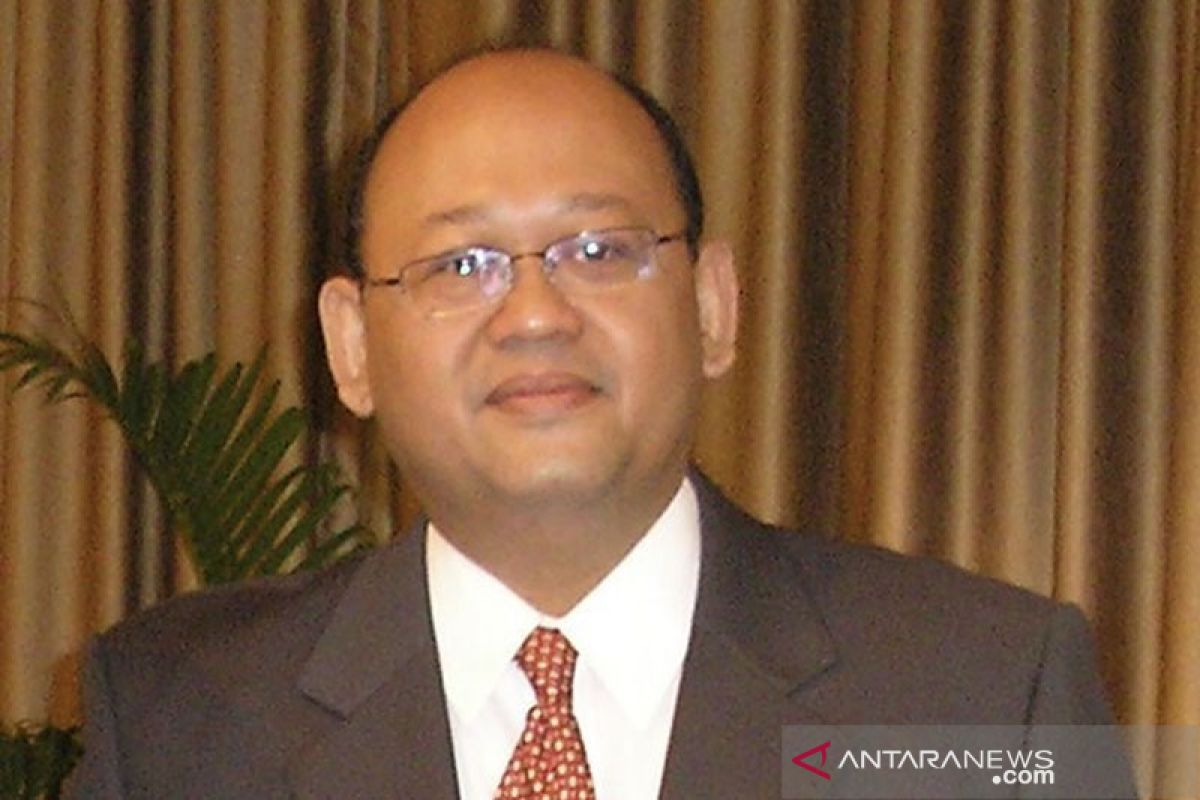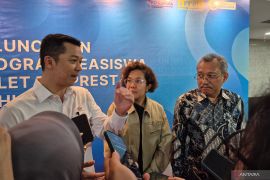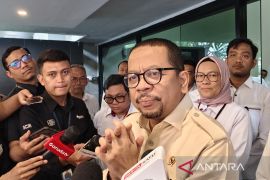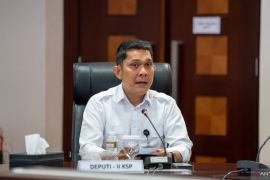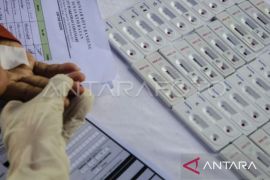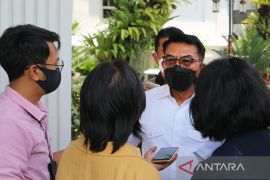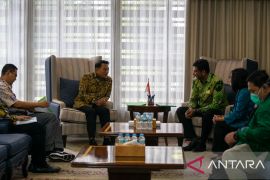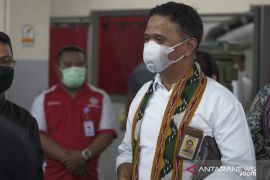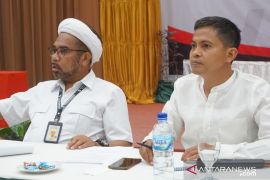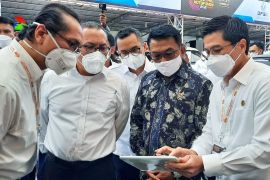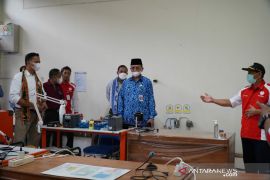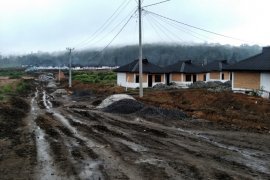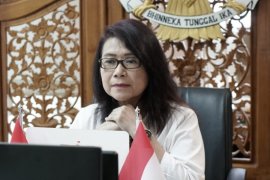Thus, there will be a significant economic improvement, and this can be a good capital to move into the fourth quarter of 2020Jakarta (ANTARA) - The Indonesian economy had surpassed its lowest point and currently begun showing signs of a recovery, according to the Presidential Staff Office (KSP).
Main expert of Deputy III at KSP Edy Priyono made the statement in Jakarta, Thursday, while speaking in connection with Indonesia's economic growth in the third quarter of 2020 recorded at -3.49 percent on an annual basis (year-on-year or yoy).
Priyono noted that despite the third-quarter economic growth in 2020 still being negative on an annual basis, when a quarter-to-quarter (qtq) comparison was made, the economy grew by 5.05 percent.
Meanwhile, cumulatively, Indonesia's economic growth during the first to third quarters of 2020 had contracted by 2.03 percent as compared to the corresponding period in 2019.
"Thus, there will be a significant economic improvement, and this can be a good capital to move into the fourth quarter of 2020," Priyono remarked.
Annual economic growth (yoy) in the third quarter of 2020 as compared to the second quarter of 2020 also showed an improvement owing to the smaller level of contraction. In the second quarter of 2020, the annual economic contraction had reached -5.3 percent.
Priyono noted that the current vital aspect is a means to ensure that further policies can be effective to restore the economy.
"The government's strategy to design several programs in the National Economic Recovery (PEN) is the right step forward. In addition, it continues to encourage government spending," he remarked.
This is in accordance with the counter-cyclical policy to fight the economic slowdown. He explained that when the economy is sluggish, the government spending can become a mainstay to boost the economy, so that it can reverse the cycle of economic slowdown.
Priyono noted that the counter-cyclical policy should continue to be applied till full economic recovery is realized.
In addition, he called to encourage the upper-middle class group to boost consumption.
"So far, it is suspected that they have put a lot of their money into savings. The government needs to support it by enforcing the rules on health protocols, since the upper-middle class group will only want to go out and shop (physically) if it feels safe,” he explained.
Priyono stated that the government had, until now, remained consistent in handling the impact of COVID-19 through various measures.
The first area of focus was health by controlling the spread of COVID-19, increasing the cure rate, and reducing the death rate. The second aspect was prioritizing social protection by maintaining the people's purchasing power, while the third aspect was maintaining the economic and financial sectors to the utmost extent, so that the business world can continue to recover.
Better economic growth
During the COVID-19 pandemic, Priyono pointed out that Indonesia's economic growth was also better than several other countries.
Based on the BPS data, countries whose economic growth in the third quarter of 2020 was better than Indonesia comprised China, at 4.9 percent; Taiwan, 3.3 percent; and Vietnam, 2.62 percent.
South Korea and the United States were also slightly better than Indonesia, although the 2020 third-quarter growth of the two countries was also still negative, at -1.3 percent and -2.9 percent, respectively.
Related news: Realization of economic recovery funds has reached Rp366 trillion: PEN
Related news: Indonesia's economic growth shows improvement in 3rd quarter: Jokowi
However, several other countries experienced a deeper contraction than Indonesia in the third quarter of 2020, including Singapore at -7 percent, and Mexico, -8.58 percent.
"If you look at this comparison, Indonesia's growth is quite good. The most important aspect is that our growth in the third quarter of 2020 was better than that recorded in the second quarter of 2020, thereby indicating that we are gradually moving towards economic recovery," he affirmed.
EDITED BY INE
Translator: Indra Arief, Azis Kurmala
Editor: Fardah Assegaf
Copyright © ANTARA 2020
